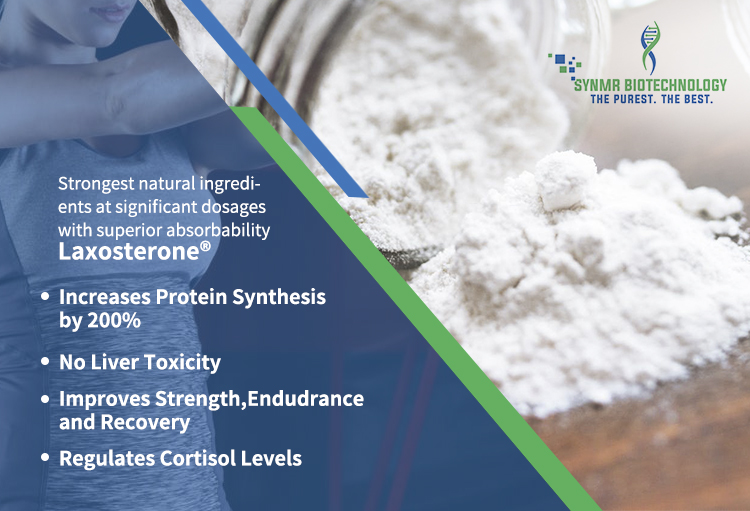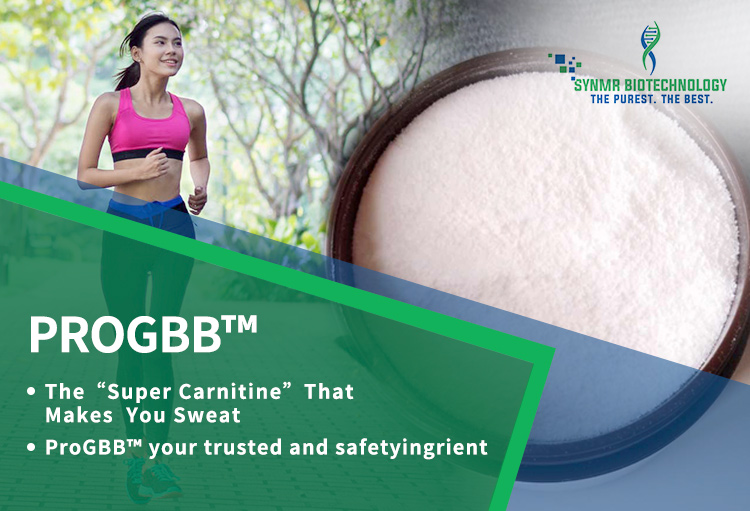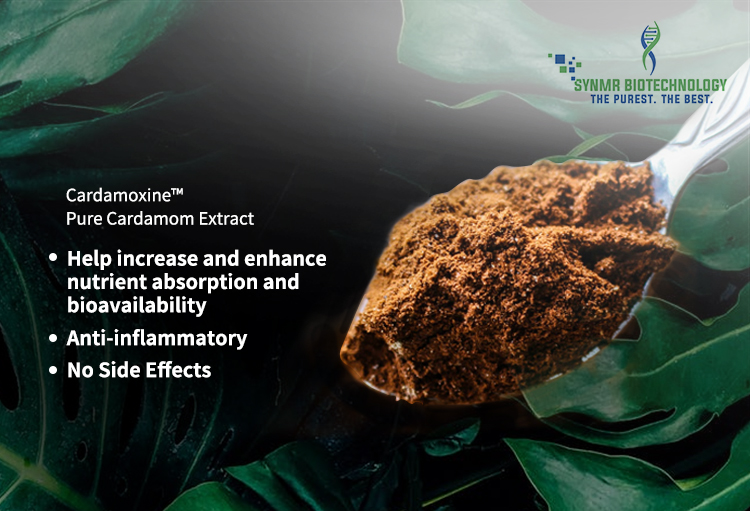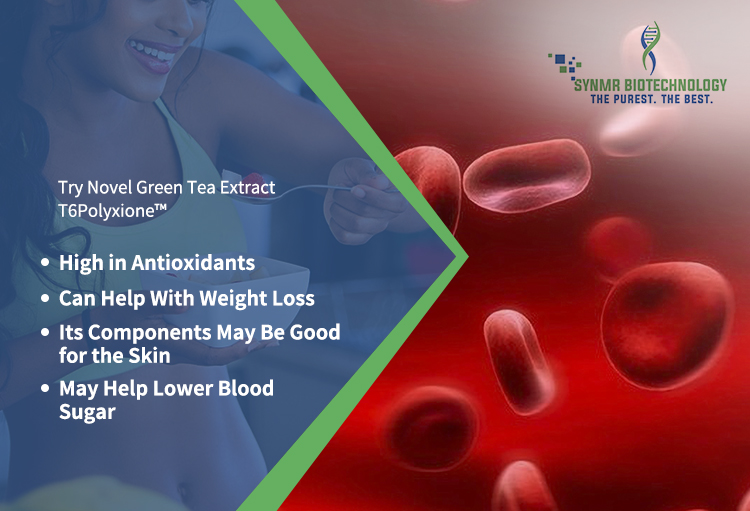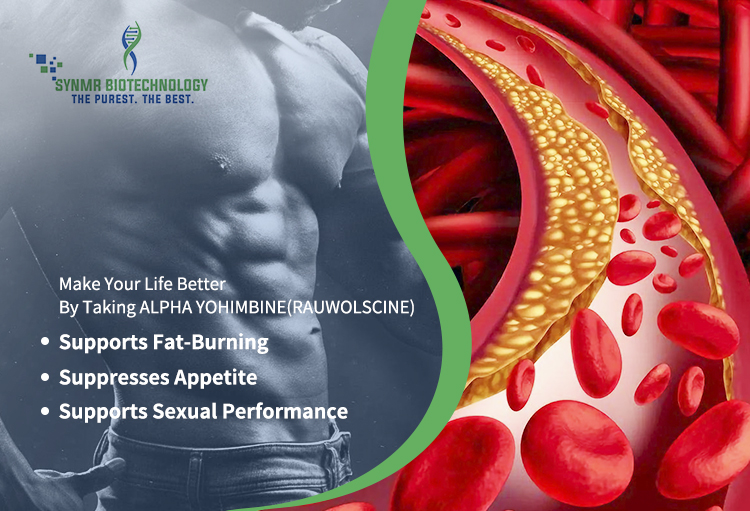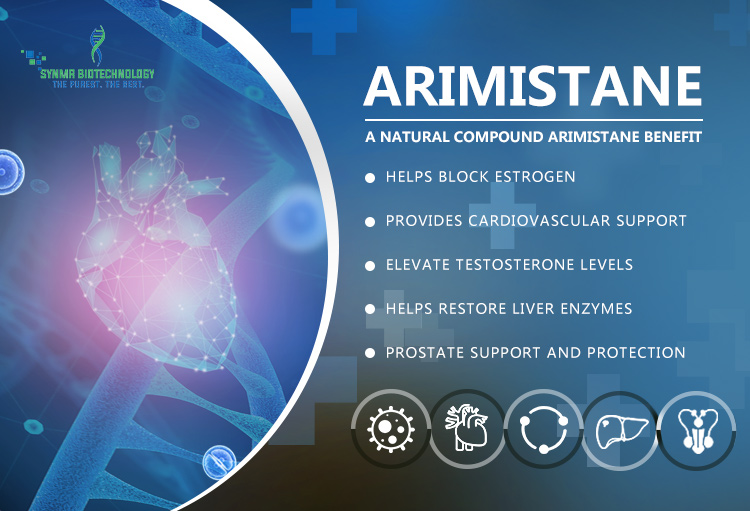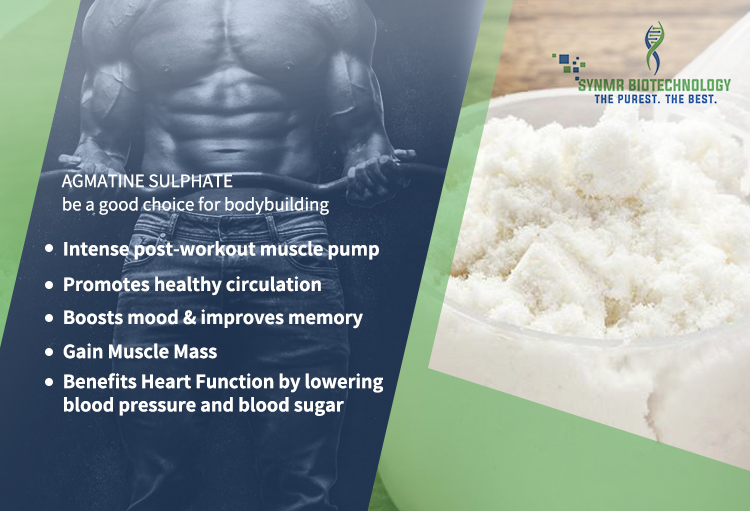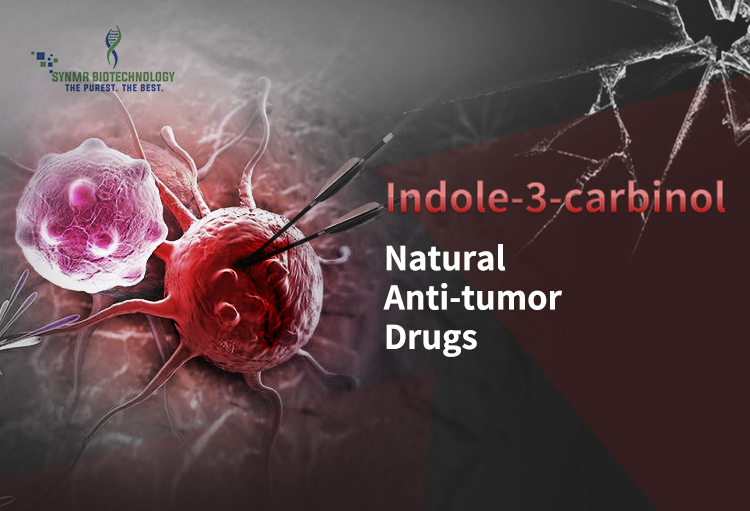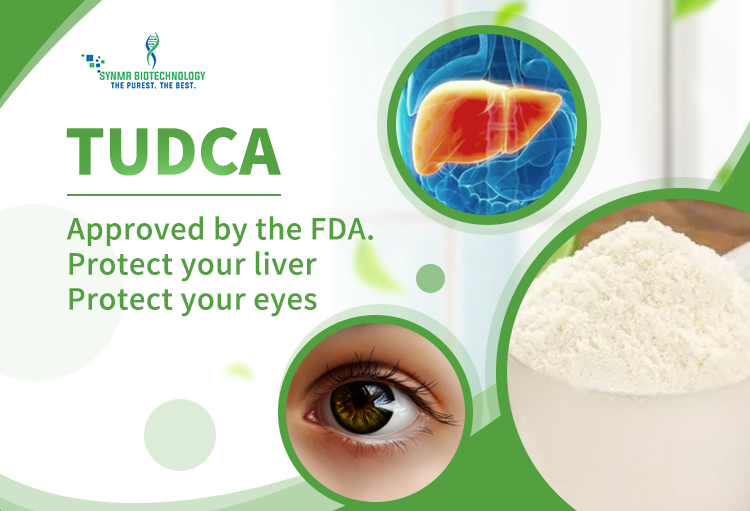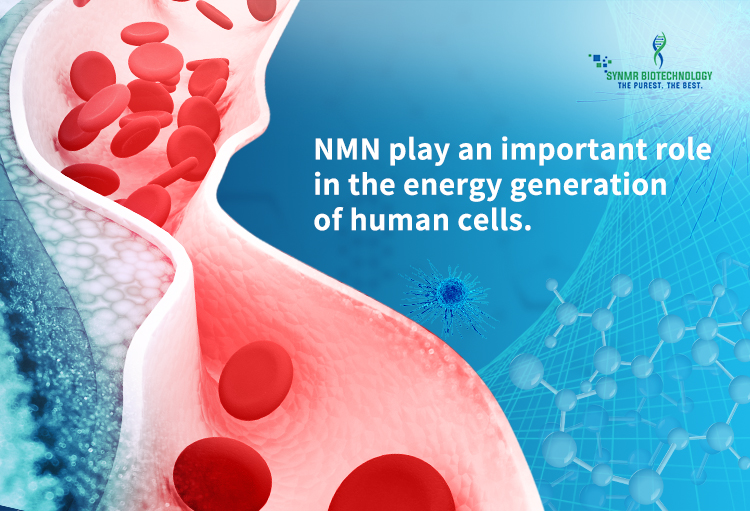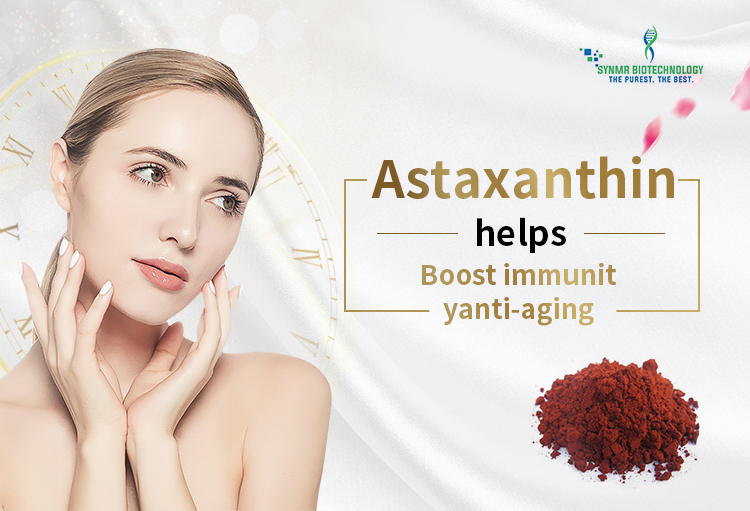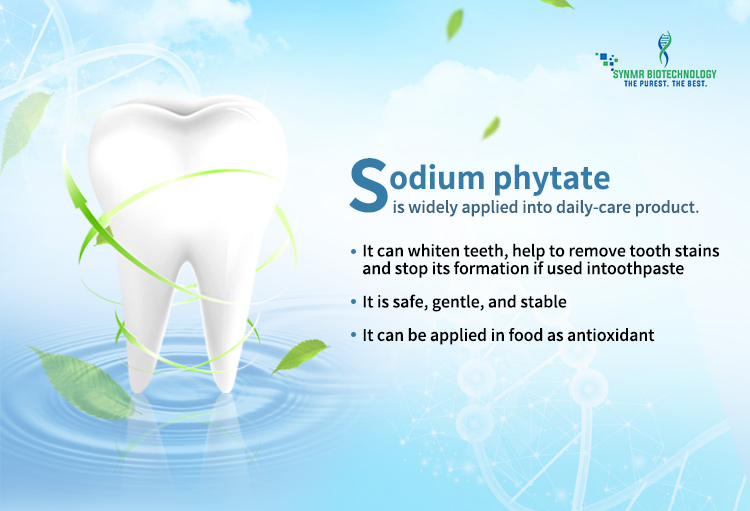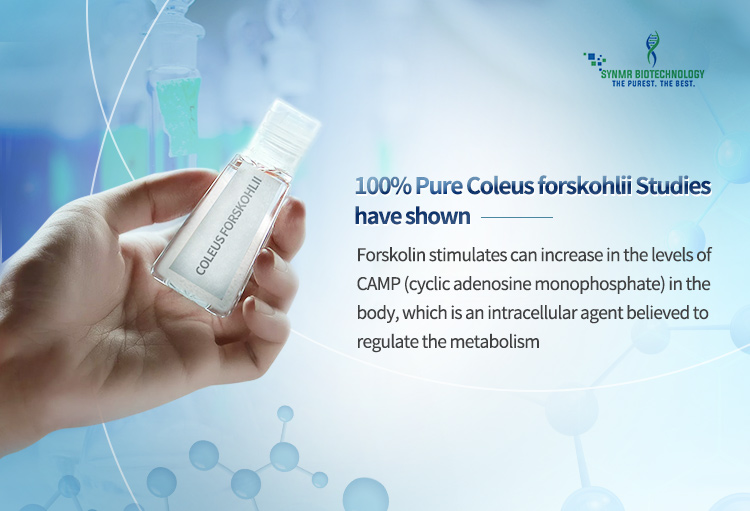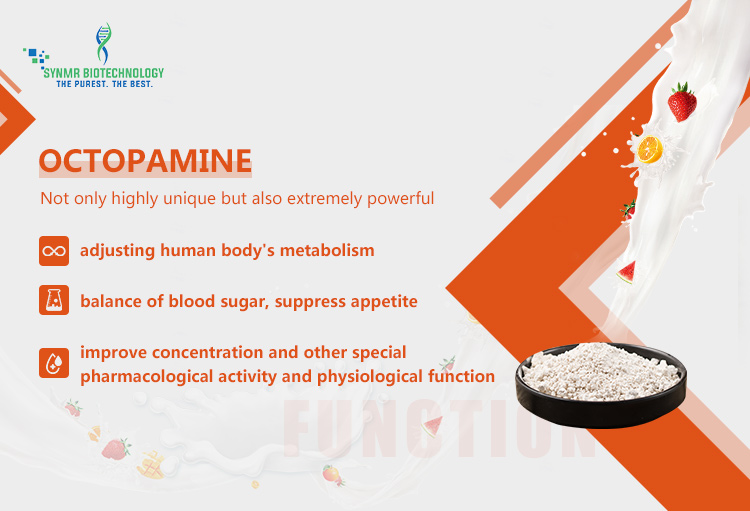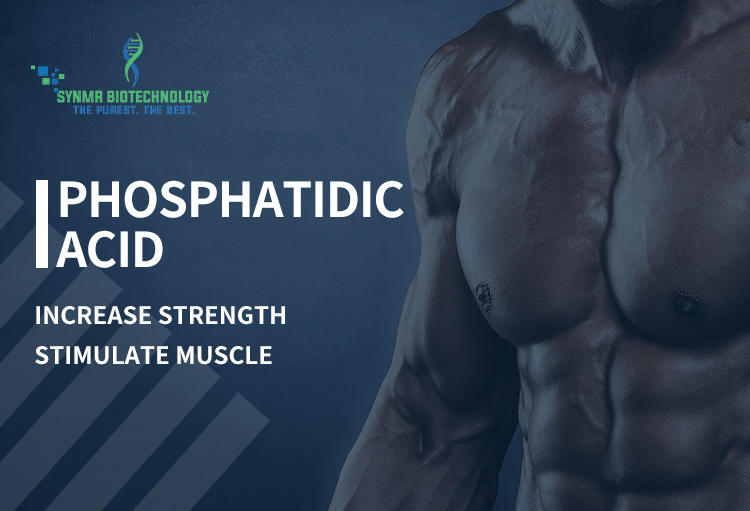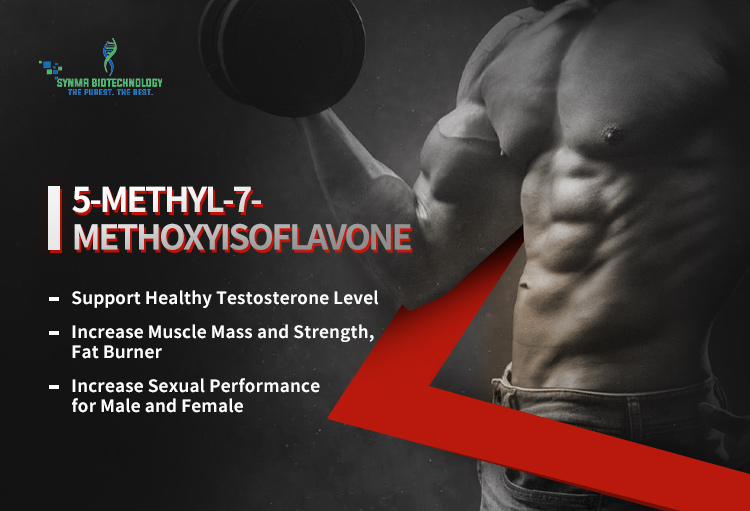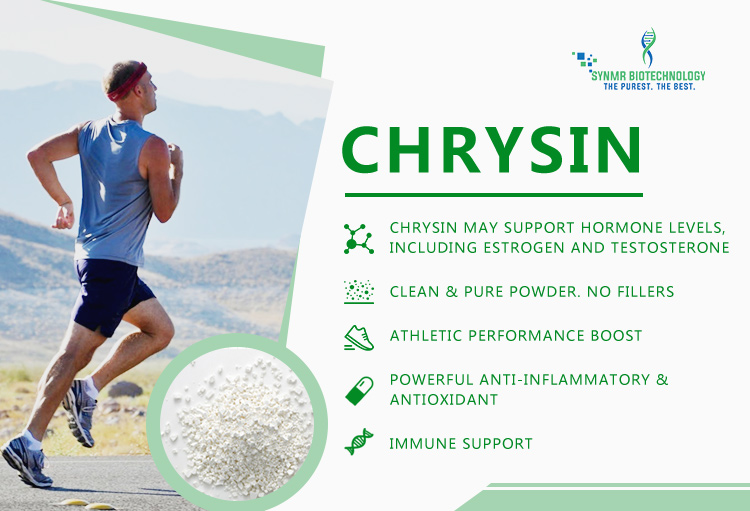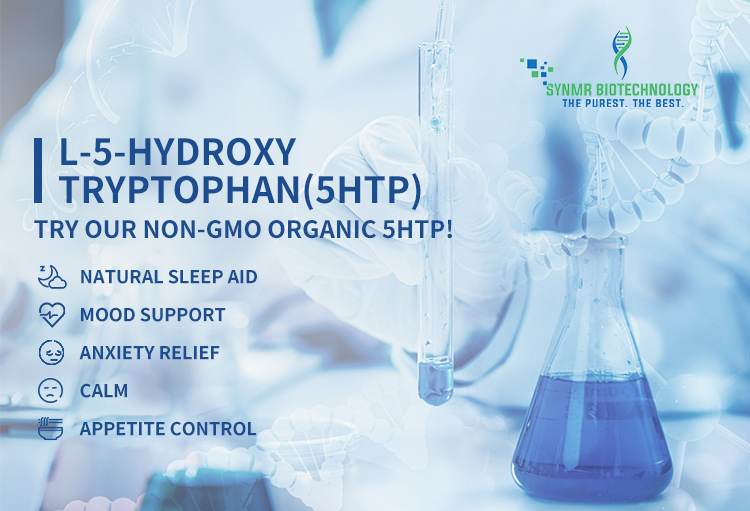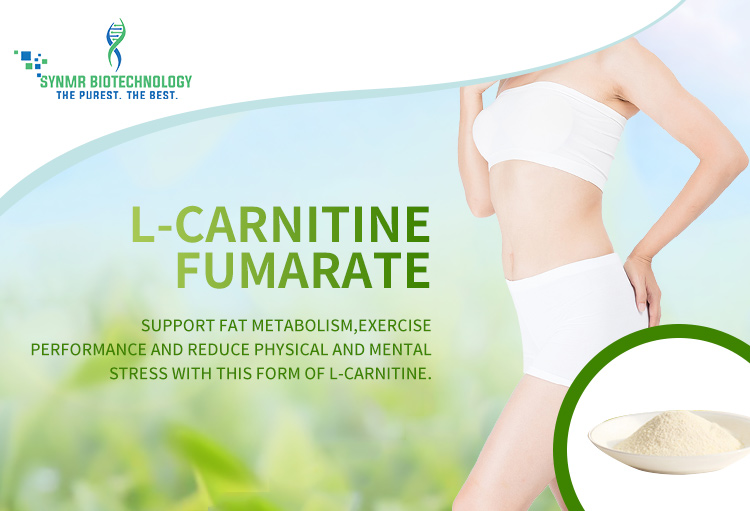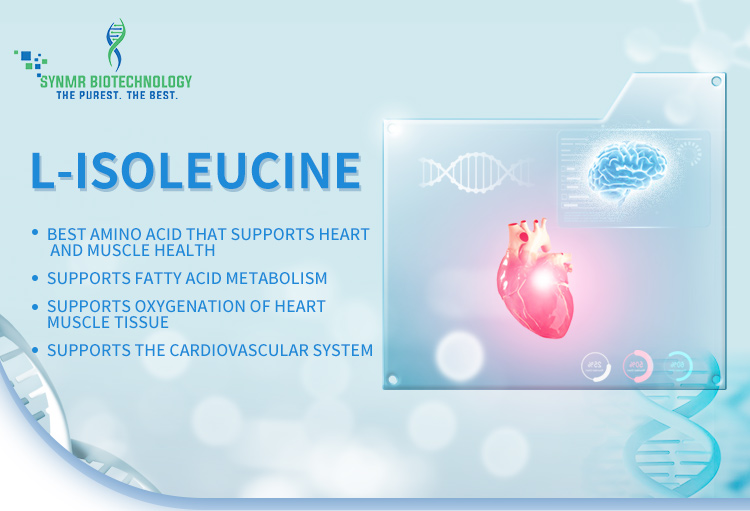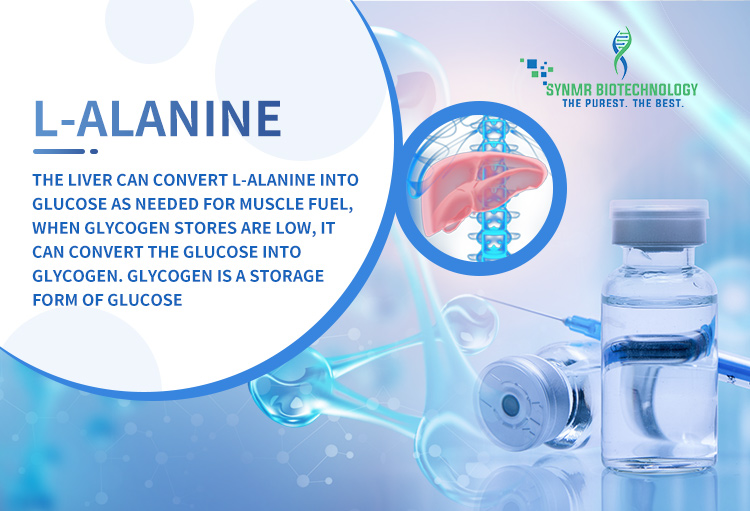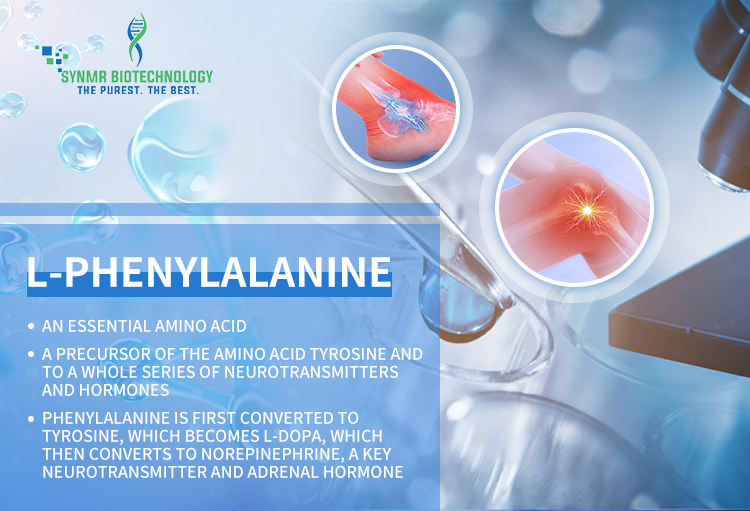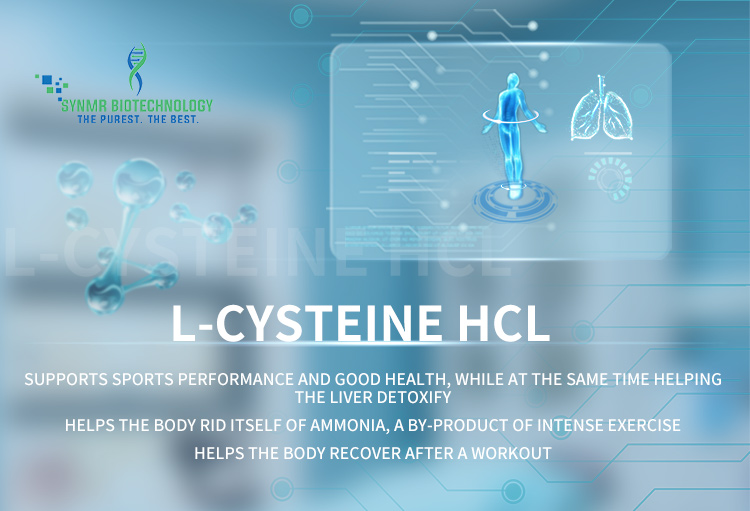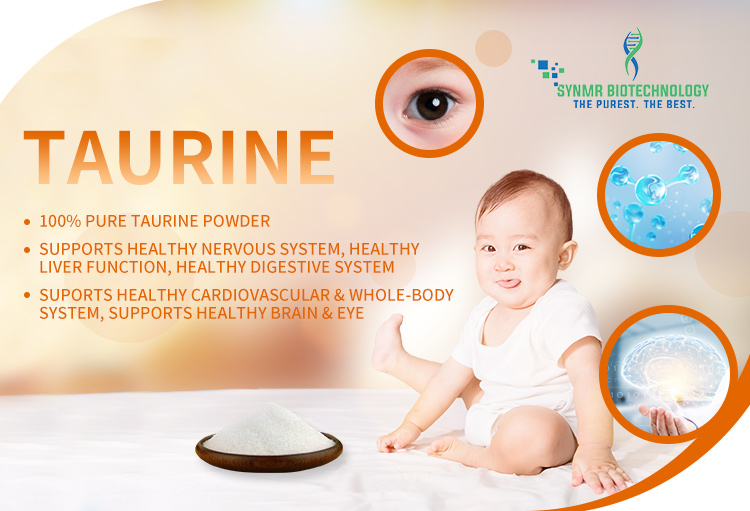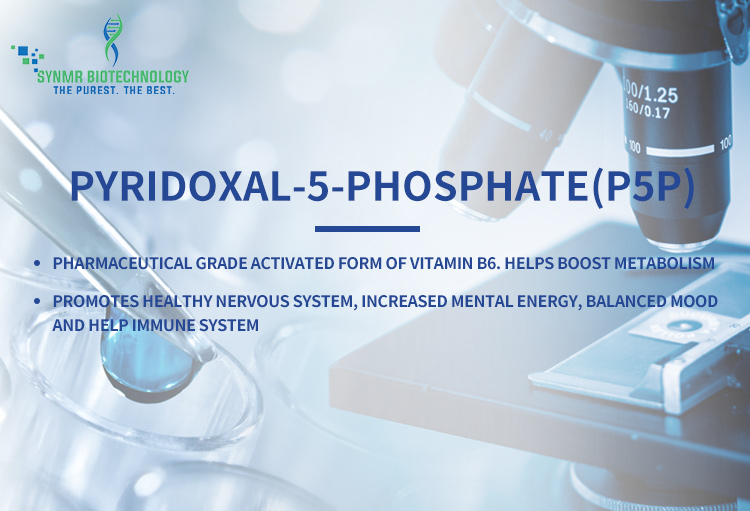Other Names:
Aurantii Fructus, Aurantii fructus immaturus, Aurantii pericarpium,
Aurantium, Bigarade, Bitter Orange Flower, Bitter Orange Peel, Chao Zhi
Ke, Chisil, Citrus amara, Citrus aurantium, Citrus Aurantium Fruit,
Citrus bigarradia, Citrus vulgaris, E...
Bitter orange is a plant. The peel, flower, leaf, fruit, and fruit juice are used to make medicine. Bitter orange oil is made from the peel.
Bitter orange, both taken by mouth and applied to the skin, has many
uses. But so far, science has shown only that the oil, when applied to
the skin, might be effective for treatment of fungal skin infections
(ringworm, jock itch, and athlete’s foot).
Bitter orange peel is also used to improve appetite, and, in surprising
contrast, it is also used for weight loss. Other uses for the fruit and
peel are upset stomach, nasal congestion, and chronic fatigue syndrome
(CFS).
The bitter orange flower and bitter orange oil are used for
gastrointestinal (GI) disorders including ulcers in the intestine,
constipation, diarrhea, blood in feces, drooping (prolapsed) anus or
rectum, and intestinal gas. These parts of the bitter orange plant are
also used for regulating fat levels in the blood, lowering blood sugar
in people with diabetes, stimulating the heart and circulation, “blood
purification,” disorders of liver and gallbladder, kidney and bladder
diseases, and as a sedative for sleep disorders.
Some people use bitter orange flower and its oil for general feebleness,
“tired blood” (anemia), impurities of the skin, hair loss, cancer,
frostbite, and as a tonic.
Bitter orange peel is applied to the skin for swelling (inflammation) of
the eyelid and its lining, as well as the retina in the eye. It is also
used for bleeding from the retina, exhaustion accompanying colds,
headaches, nerve pain, muscular pain, joint pain,bruises, swelling of
the veins (phlebitis), and bed sores.
In aromatherapy, the essential oil of bitter orange is applied to the skin and also inhaled as a painkiller.
In foods, bitter orange oil is used as a flavoring agent. The fruit is
used for making marmalades and liqueurs such as Triple Sec, Grand
Marnier, Cointreau, and Curacao. Because the fruit is so sour and
bitter, it is rarely eaten, except in Iran and Mexico. The dried peel of
the fruit is also used as a seasoning.
In manufacturing, bitter orange oil is used in pharmaceuticals, cosmetics, and soaps.
In Asian medicine, the entire dried unripe fruit is used primarily for digestive disorders.
Bitter orange is frequently used in “ephedra-free” products since the
FDA banned ephedra in 2004 for serious side effects on the heart. Bitter
orange and caffeine, a frequent combination in weight loss and
bodybuilding products, can cause high blood pressure and increased heart
rate in healthy adults with otherwise normalblood pressure. There is no
evidence to suggest that bitter orange is any safer than ephedra.
Bitter orange (synephrine) is considered a banned substance by the National Collegiate Athletic Association (NCAA).
Before taking bitter orange, talk with your healthcare professional if you take anymedications. It can interact with many drugs.
How does it work?
Bitter orange has many chemicals that affect the nervous system. The
concentration and effect of these chemicals can change depending on the
part of the plant and the method used for preparation. These chemicals
can squeeze blood vessels, increase blood pressure, and cause the heart
to beat faster.
Is bitter orange safe and effective for weight loss?
Answers from Katherine Zeratsky, R.D., L.D.
While some research studies suggest that bitter orange (Citrus aurantium) can help with modest weight loss when combined with diet and exercise, it's probably not worth the risk. That's because bitter orange can cause a range of potentially serious health problems. So if you're trying to lose weight, stick to healthier methods and skip the bitter orange.
Bitter orange is an herb made from the bitter orange tree. Extracts from bitter orange peel are often found in weight-loss supplements and supplements sold for a variety of health concerns.
Bitter orange gained popularity among dieters and weight-loss supplement manufacturers looking for alternatives after the Food and Drug Administration banned the herbal supplement ephedra (ma-huang) because of the health problems it caused.
But bitter orange poses some of the same serious health risks because of its stimulant-like effects. Among the many chemicals in bitter orange are synephrine and octopamine — chemicals similar to those in ephedra. These chemicals may speed up your heart rate and raise your blood pressure. Stroke and heart attack have been reported in some people using bitter orange alone or in combination with other stimulants such as caffeine.
Remember, just because an herbal supplement may be natural doesn't mean it's safe. Always check with your doctor before taking any herbal supplements.



